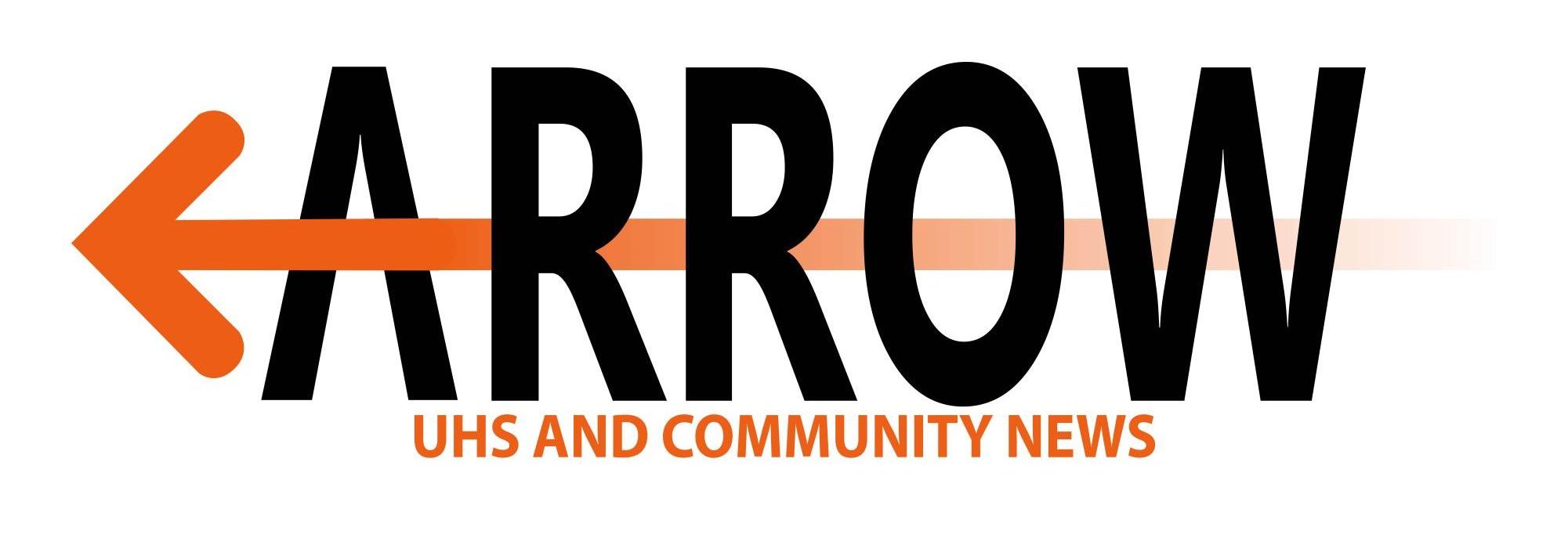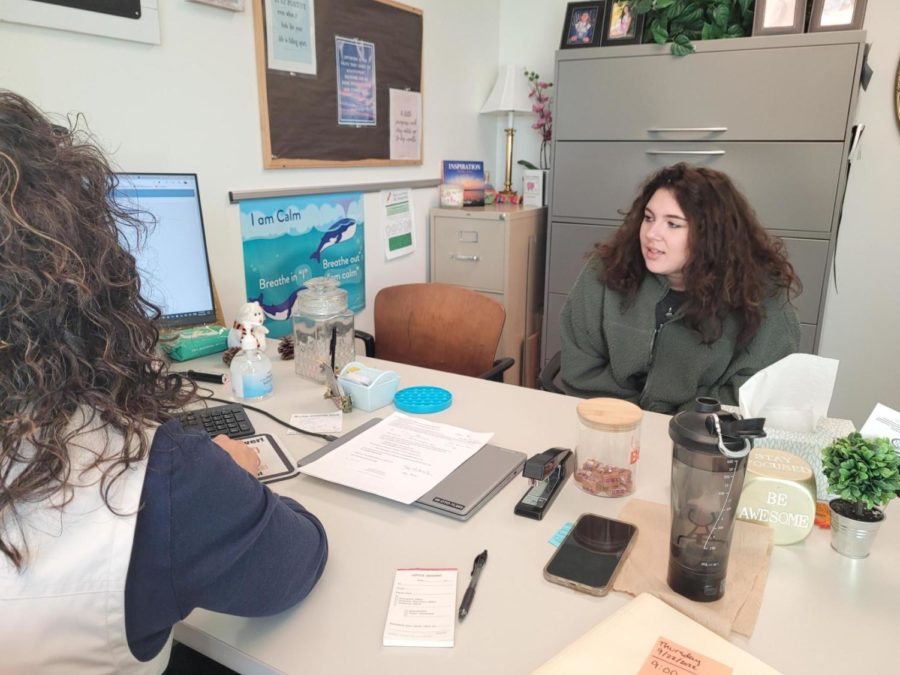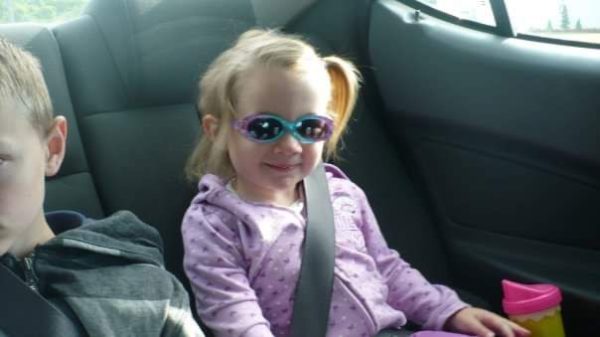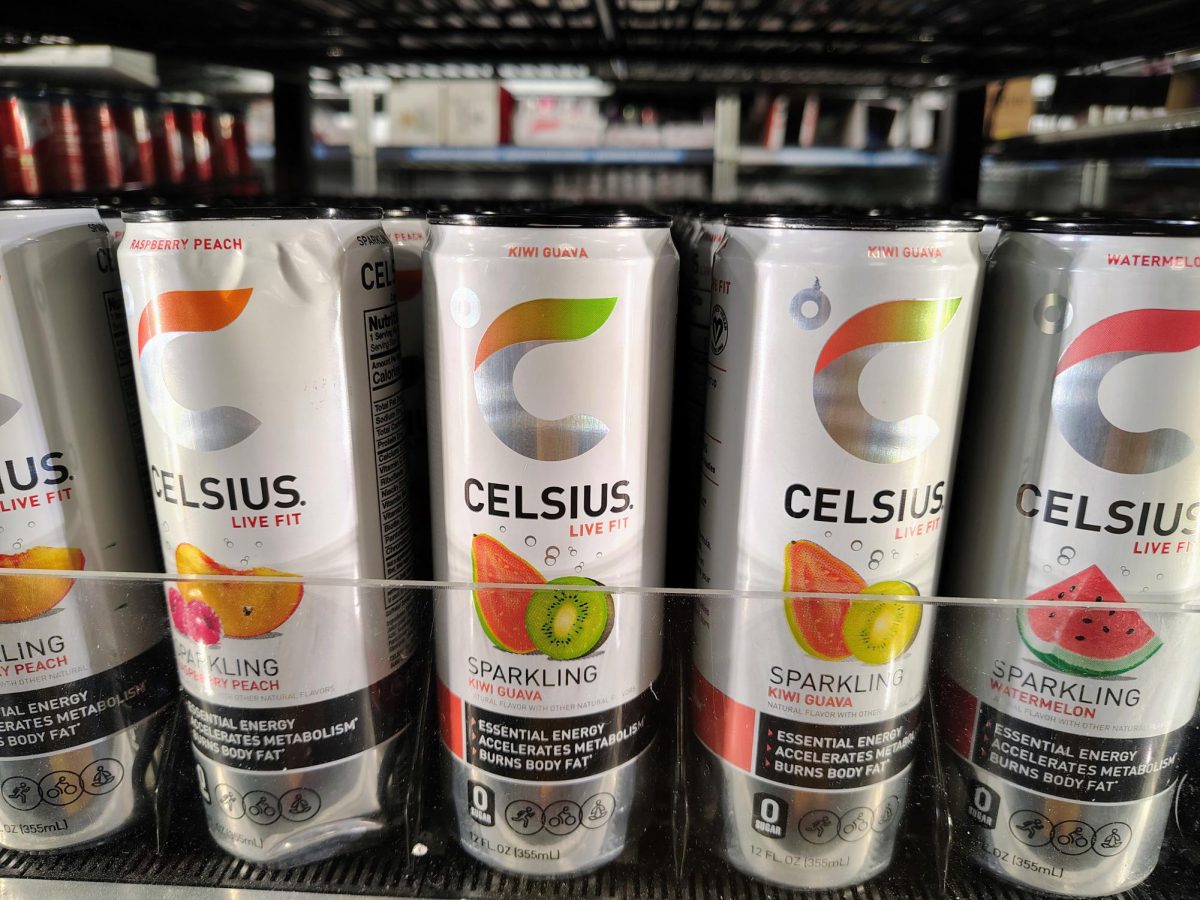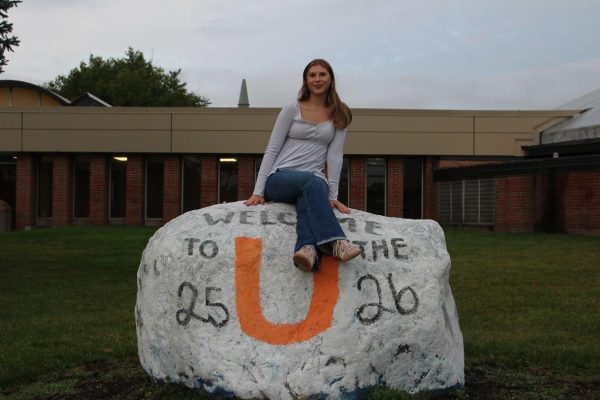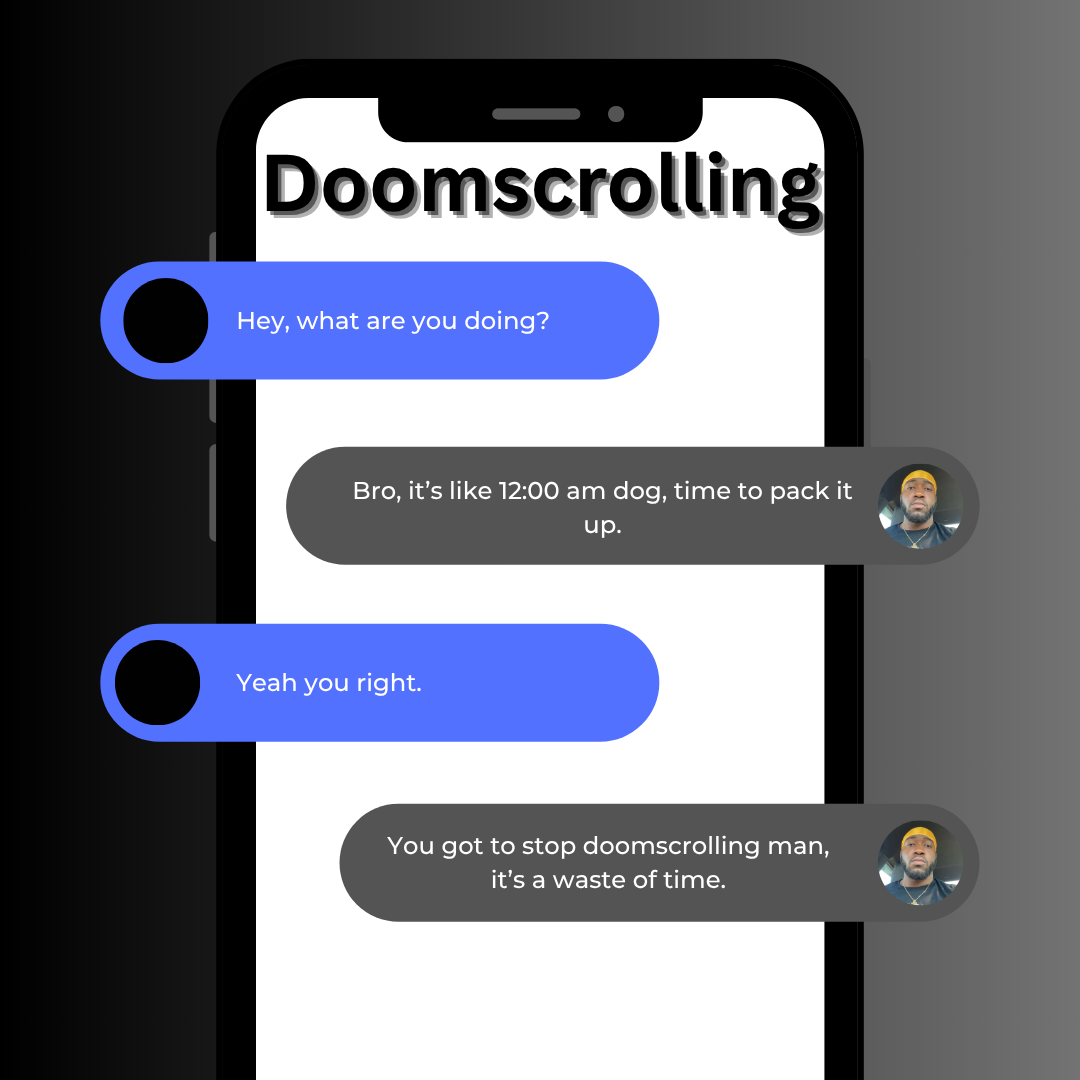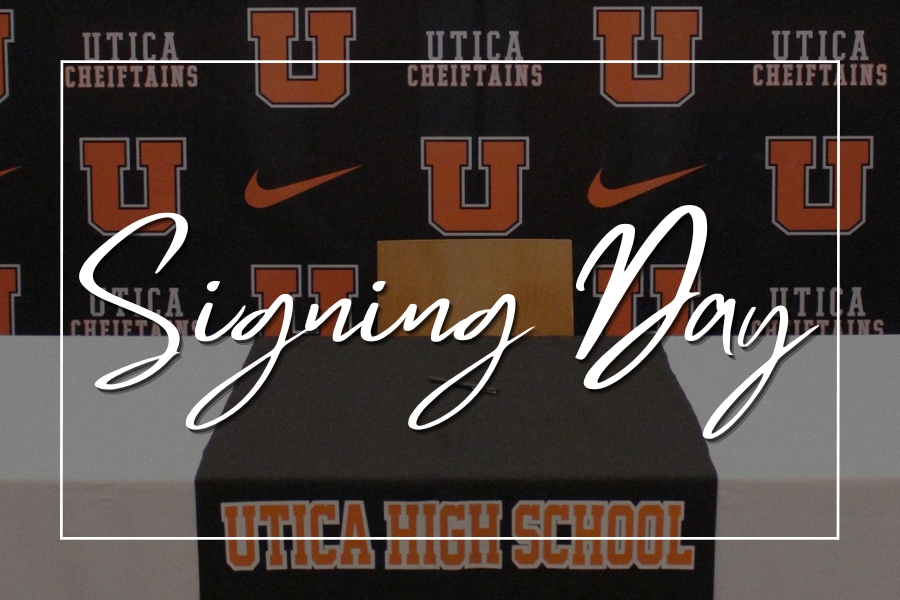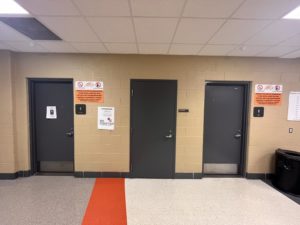Michigan sets aside money for mental health resources
October 8, 2022
Michigan has set aside money for schools across the state to implement better mental health resources for their students. The states mental health budget for the 2022-23 school year has allotted approximately $2.7 million to UCS.
“Every kid in every district deserves to feel safe and supported in school,” Governor Gretchen Whitmer said, “and I am proud today to sign a historic, bipartisan education budget that will make game-changing investments to improve every student’s in-class experience.”
$214 per-pupil mental health and school safety funding will be set aside for every kid, in every public school district. The dedicated mental health dollars will increase funding for teen centers, district mental health grants, and TRAILS, which offers training to school mental health professionals so they can better serve students with evidence-based services.
“We can and must work together to expand access to mental health care to help our kids thrive in and out of the classroom,” Whitmer said.
UCS administrators are looking for ways to implement this new funding in ways that will best help the students.
“We are currently developing a plan to determine the most effective use of these resources that will directly impact the 26,000 students in our district,” director of school and community relations, Tim McAvoy said. “The plan will focus on mental health awareness and promotion and providing our staff with additional tools to work with students, such as professional consultants or resources aimed at addressing mental health needs.”
Mental health awareness and help comes in the forms of big and small deeds. Which is why schools are doing things from hiring more social workers to doing student-teacher checkups.
“Extra social workers have been hired which will support students in need,” principal, Tim Youngblood said. “However, we are also still gathering more information.”
“My position here at Utica High and at Eppler Junior High is School Social Worker. I only work with students in special education as my service is determined by their IEP (Individual Education Plan),” school social worker Beverly Solomon said. “I help them with many different issues including home problems, friendship issues, social skills building, depression, anxiety, the list is long. I do not help them with any type of scheduling of classes or college applications as that is their counselor’s responsibility.”
Social workers are a vital resource for many students.
“I believe my intervention with students helps with their mental health in that they feel some relief that they have a place at school to talk about their problems,” Solomon said. “A place/person they can trust with personal issues in their lives. I may give them resources that can alleviate some anxiety they have been having in their lives. Sometimes they just want someone to listen.”
However, most of the newly hired social workers did not come directly to the high schools.
“The district did hire more social workers but they put the majority of them in the elementary schools. The elementary social workers have to service both special education and general education students. Their caseloads are much smaller than mine,” Solomon said. “I would love to have another social worker helping me at the high school. Other surrounding districts often have a full time and part time social worker for one high school. In Utica our high school social workers have one high school and some other building or programs.”
Despite the new social workers not being directly in Utica, they are still very important.
“I believe it would be very beneficial to have more social workers in our school district because social workers are eclectically trained meaning they cover multiple areas of mental health not just one area and are a definite asset to schools,” Solomon said. “We should have at least one social worker per building.”
A program called Character Strong is helping grow student-teacher relationship and do mental health check ups.
“There are free resources for teachers and students to do quick wellness checks with students and to help establish relationships. They are called ‘Character Strong Weekly’, it is a low burden, high impact strategy to transform the daily work of the classroom,” Youngblood said. “This is only phase one of the district’s Wellness Initiative. This program also has free podcasts available to all of our students and staff.”
Administrators are working with students directly to help better understand what will be the best plan of action for improving mental health.
“The Utica HS Wellness team, counselors and I went to the MASSP Student Mental Health Summit in Lansing,” Youngblood said, “and will meet regularly with the student group to bring some programs to Utica HS.”
The students may have been the most important attendees of the mental health summit since they are the ones that are on the receiving end of the school bettering their mental health systems.
“We went to different key note speakers and we learned different stories about how mental health, substance abuse and other things related to mental health,” junior Jordan Jones said. “We learned about how these things affect peoples lives, different copying mechanisms and things we can bring back to our school to help students in need and to teach them about mental health.”
The administration also sent out a mental health survey to help figure out how the student body is doing mentally.
“I was looking at it in a way to see if kids were struggling. We were looking for a way to get kids to come talk to us because I think a lot of kids do not feel comfortable to come down and see us or say I’m having a hard time,” counselor Annemarie Carabelli said. “We were looking for a social media way because a lot of kids use social media to express themselves, so we thought we’d try that. Not all the teachers did it which in one sense was helpful because it was a little bit overwhelming and we had to try and contact all these kids who set off a red flag type of thing. I think some kids did not take it as seriously and we still contacted them and talked to them as well. I think in the end it was beneficial for us.”
It helped the administrators and counselors but it also helped the students to see that the counselors actually look at the results are care to see whats going on.
“I saw some smiles and some surprise faces that we actually followed up with them on some of the stuff,” Carabelli said. “We just wanted to make sure they knew they were not just doing some paperwork stuff and that we were not going to follow up. It was not just the counselors, it was assistant principals and Mr. Youngblood as well.”


